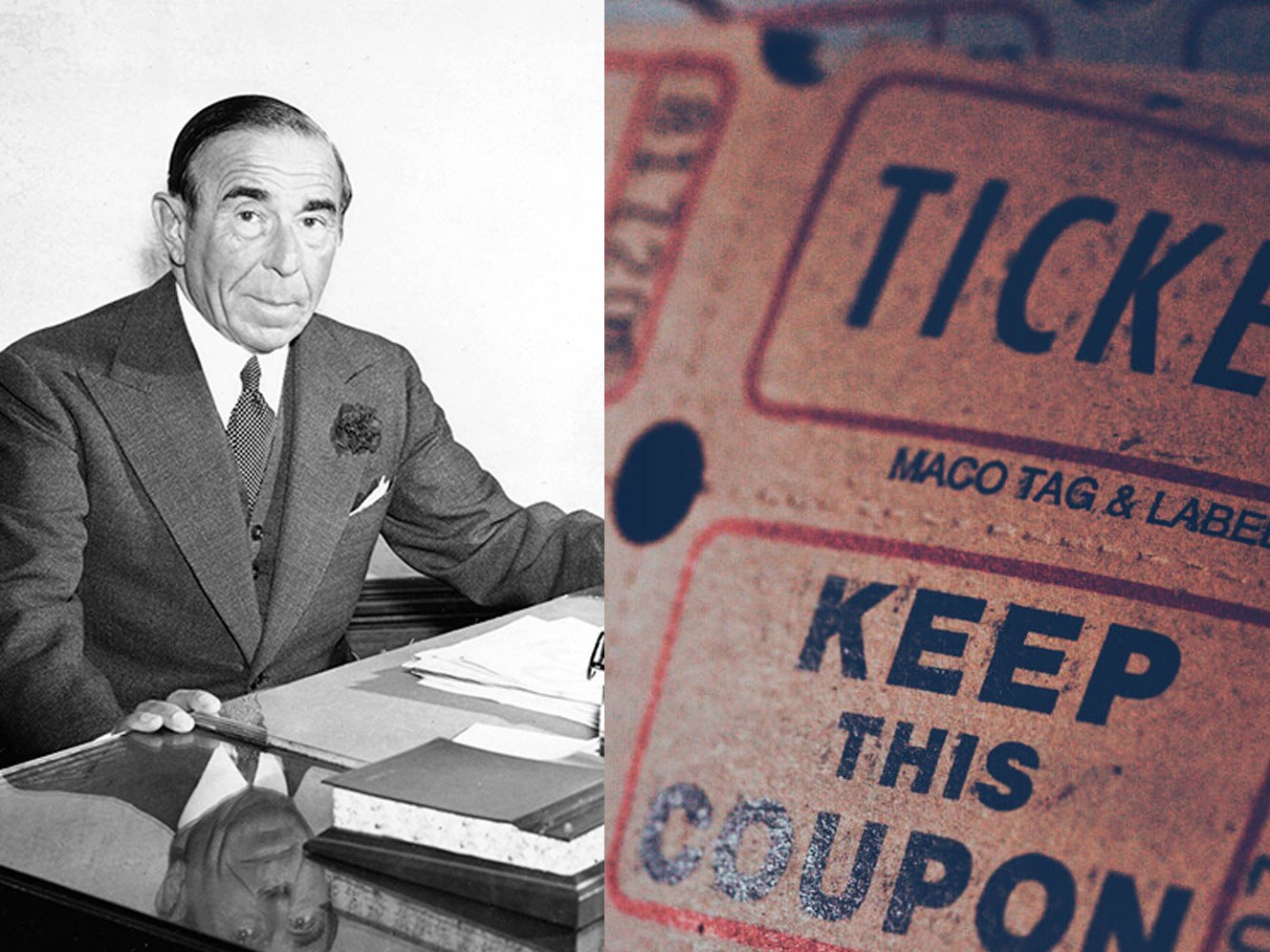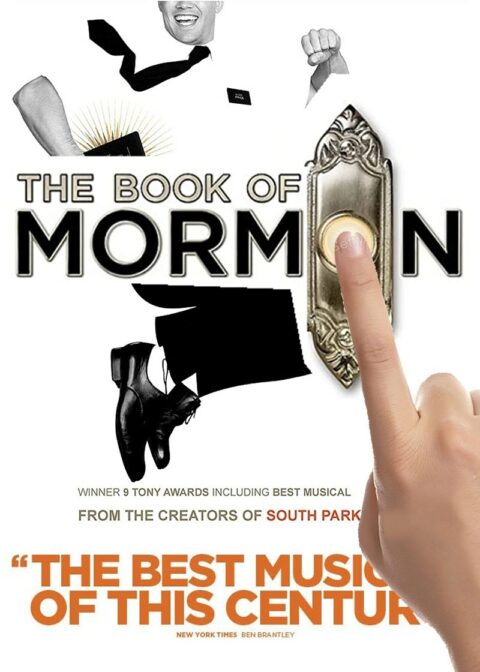New York State Senator, James Skoufis, Introduces S6716 Bill in the New York Senate to Attempt to Solve Some of the Biggest Consumer Complaints Against the Broadway Industry
After nearly three years of investigation, New York State Senator, James Skoufis, has introduced a bill in the New York Senate to attempt to solve some of the biggest consumer complaints against the Broadway industry. The S6716 bill enacts into law components of legislation that relate to live event ticket sales. The public hearing was to examine unfair and deceptive practices occurring in New York State’s primary and secondary ticket marketplaces. The focus of the investigation was live events and in turn the panel wanted to identify any legislative or policy reforms that could fix some of the poor practices that resulted in consumers getting a bad deal.
The Skoufis panel attempts to transform the Broadway ticketing business to make it a much fairer environment for consumers in both price and ticket availability. It is not often that government intervention can be actually a good thing in commerce, but Broadway ticketing has been stuck for far too long with some highly questionable practices.

Shubert Organization Stranglehold on Broadway Industry in Jeopardy
An End To Exclusive Ticketing Deals
Much to the chagrin of Charles Flateman, the Executive Vice President of the Shubert organization, his stranglehold on Broadway may end if proposed legislation is adopted in the New York Senate. The Shubert Organization has been operating for over 120 years as part of a duopoly and that may now end. Although there have been no accusations of price fixing, any duopoly is never healthy for a consumer market and we only have to look at the 1993 price-fixing duopoly scandal by Christie's and Sotheby's auction houses, to see just how easily illegal activity can creep in and how buyers can be fleeced.
The changes in the proposed bill states that “a contract between an operator of places of entertainment and a primary ticket vendor shall not provide for the primary ticket vendor to be the exclusive and sole primary ticket vendor for the said place of entertainment.” This is exactly what happens on Broadway right now.
Broadway's biggest landlord, The Shubert Organization, sells tickets to shows in its theaters exclusively through the Telecharge service and can charge whatever fees it wants to. Producers hate the model, ticket buyers hate it, performers hate it, but the fat cats at the Shubert Organization just love it. Any show that appears in one of their theatres are forced to sell tickets through Telecharge and this clause is written into every producers contract. If a show appears in a Shubert Theatre, the producer must sell tickets through their company Telecharge and pay whatever commissions they want to charge. If producers do not agree to their terms, then they are forced to take their show to another non-Shubert Broadway theatre, if they can find one. The proposed legislation will now make this anti-competitive practice illegal.
It is no secret that the Shubert organization hates change and this bill threatens to completely upend the whole apple cart of Broadway production and ticketing. The Shubert Organization has been operating for over 120 years with a complete and overwhelming control over Broadway theatre and are not likely to want to give up this power. The Shubert Organization is not the only vendor. The second primary ticket seller on Broadway is Ticketmaster, but they do not own any theatres and are not able to leverage it through landlord contracts. They are however part of the other side of the duopoly and will always require ticket exclusivity, which will no longer be allowed.
Other smaller organizations like the Nederlander Organization, Jujamcyn Theaters, Ambassador Theatre Group and MTC will also not be able to sell tickets to shows in its theaters exclusively through one source.
Full Ticket Pricing Must Now Be Clearly Displayed
The ticket price for the popular Broadway show Wicked may no longer be able to defy gravity. The statute proposal intends to change how Broadway ticket prices are shown to consumers.
The bill would require all primary and secondary ticketing websites to show the total price of each ticket, breaking out all fees and additional charges. This must be done at the beginning of each transaction and not at the end, which is the current model. This allows Broadway ticket buyers to compare prices across different websites. A common lament by Broadway ticket buyers is that they are shocked to see excessive service fees added right at the end of the ticket transaction. Websites like telecharge.com. ticketmaster.com, stubhub.com and broadway.com are well known for this practice.
In addition, Skoufis's Senate proposal will require the original price to be printed on each Broadway ticket. This is intended to counter the massive price markups that secondary market ticket brokers often add to the original ticket price. The statute states that the original price will have to be “clearly and conspicuously posted as part of each advertisement or offer for the resale of tickets” on any secondary market ticket resale website.

An End To Dynamic Ticket Pricing
Skoufis's bill also tinkers with the ability of Broadway shows to utilize dynamic ticket pricing. The bill proposes that shows will no longer be able to use dynamic ticket pricing, which allows producers to increase the price of a ticket when a show gets hot, or drop the price when sales drop off. This means that ticket brokers are going to have a field day by buying low and selling high. They will be able to make huge amounts of profits and the actual show and industry will receive none of those benefits.
This idea of banning dynamic ticket pricing on original ticket sources seems counter to the philosophy that so many shows already lose money on Broadway and they should be allowed to adjust their price for tickets at any time to offset costs. Clearly the top 5 shows like Hamilton and Book of Mormon are not making losses, but hamstringing the producers to set a fixed price for tickets means that ticket brokers will be the only ones able to adjust their prices to hit fair market value.
This will mean that Broadway shows will be even less financially viable and performance art may suffer. It would then follow that shows will only be able to do a Broadway run if they either receive a grant or are a going to be a guaranteed runaway success. Both of these circumstances will mean that Broadway theatre will suffer as only avant-garde productions can get a grant and a 'guaranteed success' on Broadway is almost unheard of.
What Happens Next
The New York State Senate’s Investigations And Government Operations committee is now reviewing the bill, and it will determine whether or not to send the proposed legislation to the floor of the Senate soon. Expect all affected parties to calling one of the Senate's 63 members, that represent districts from across New York State. Read the full NY senate bill at: James Skoufis S6716 Bill


